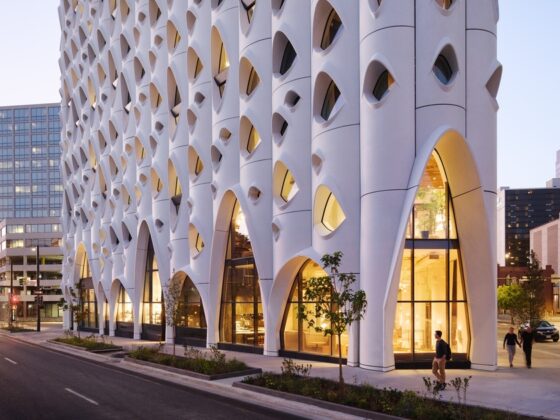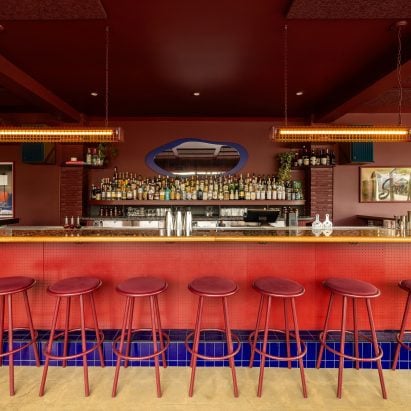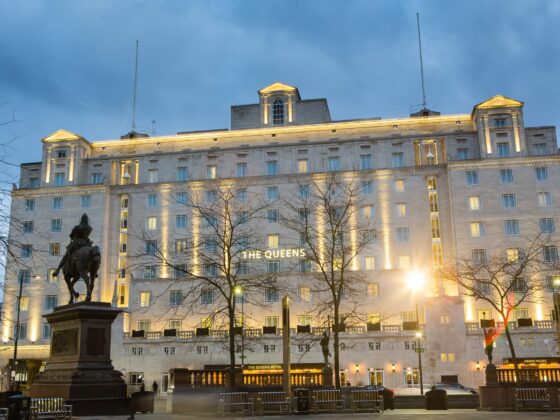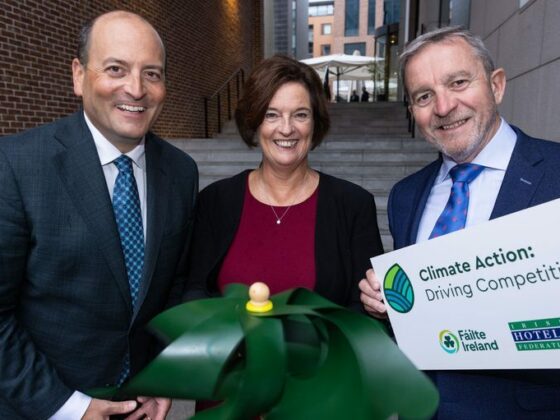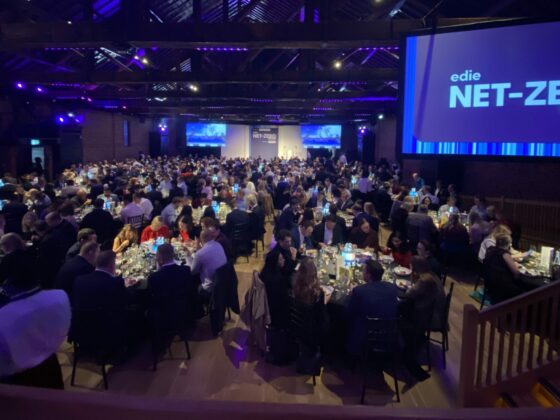Don’t let marketing or sales drive the sustainability narrative; they may prioritize appeal over accuracy
Dec 3, 2024
Because hospitality and tourism companies interact directly with customers, they are expected not only to meet sustainability benchmarks, but also to effectively communicate their efforts to an increasingly eco-conscious audience. In today’s market, transparency is more than just good practice – it has become a key competitive advantage.
Key takeaways
- Economic activities inevitably have unintended effects on third parties, such as pollution, noise, traffic congestion, and resource depletion. While no business can operate without environmental impact, the challenge is to minimize these effects;
- For hotels, restaurants, and tourism companies, negative externalities can include excessive energy consumption, inefficient supply chains, or carbon-intensive travel practices. Addressing these issues requires customized approaches, such as implementing energy-efficient building designs, reducing waste, and working with local suppliers;
- With initiatives such as the EU’s Green Claims Directive and similar global frameworks, ensuring accuracy and transparency in sustainability communications has moved from being optional to an essential legal and ethical responsibility.
Get the full story at Hospitality.Net



